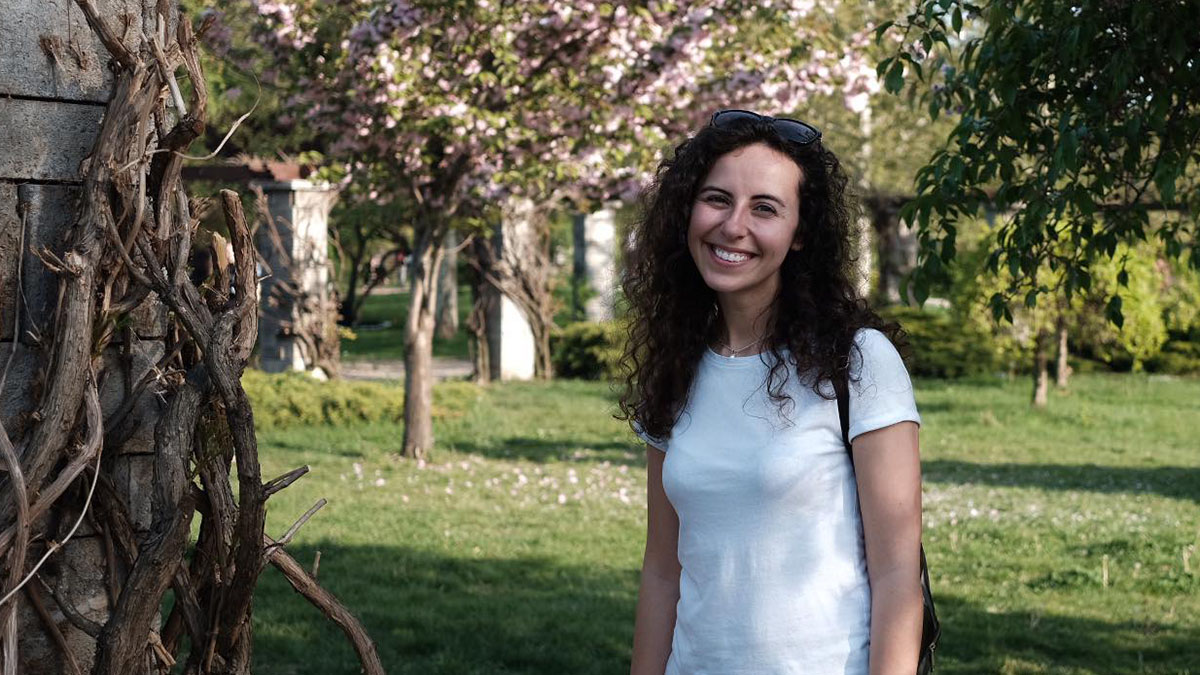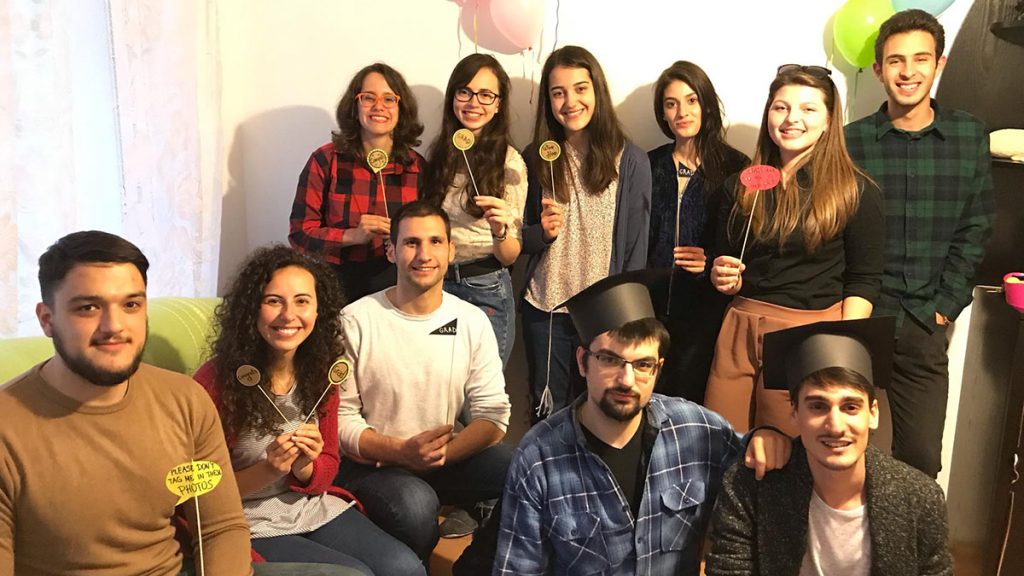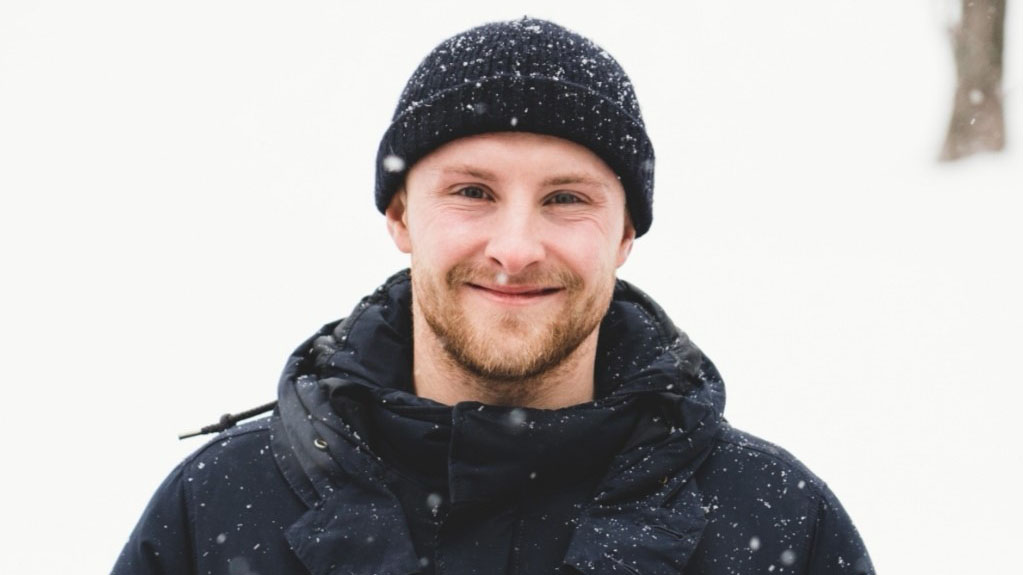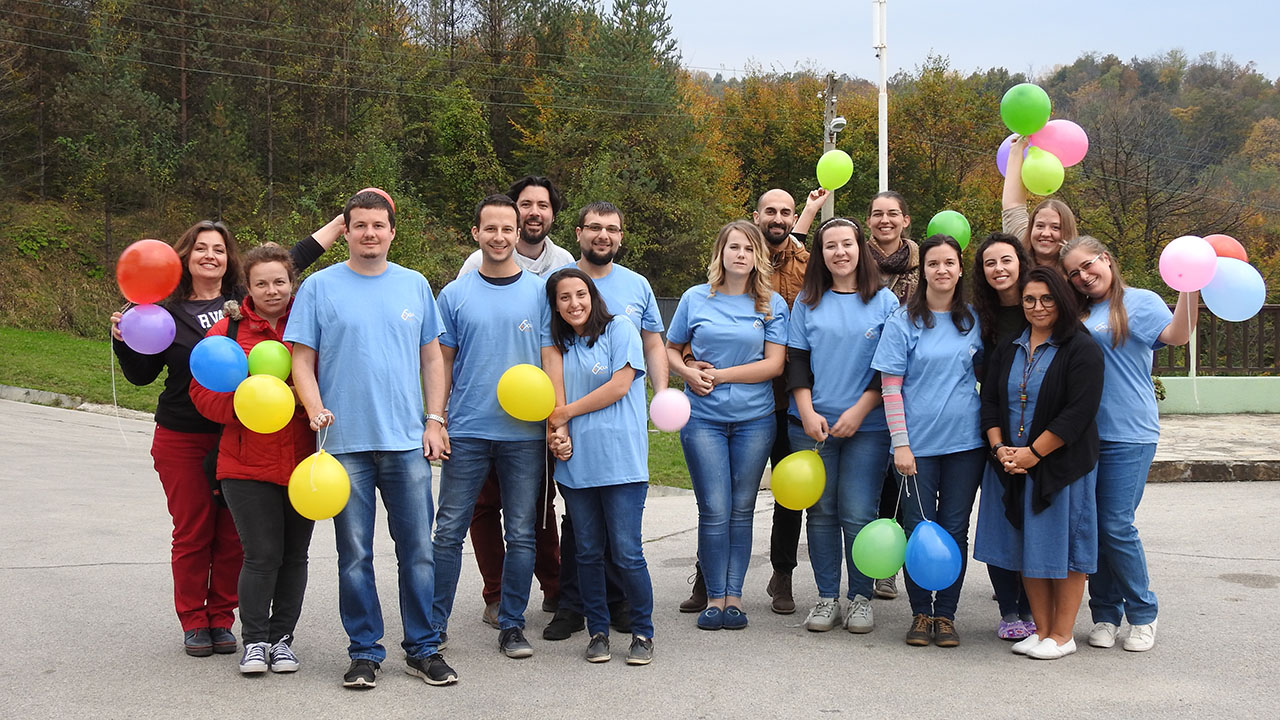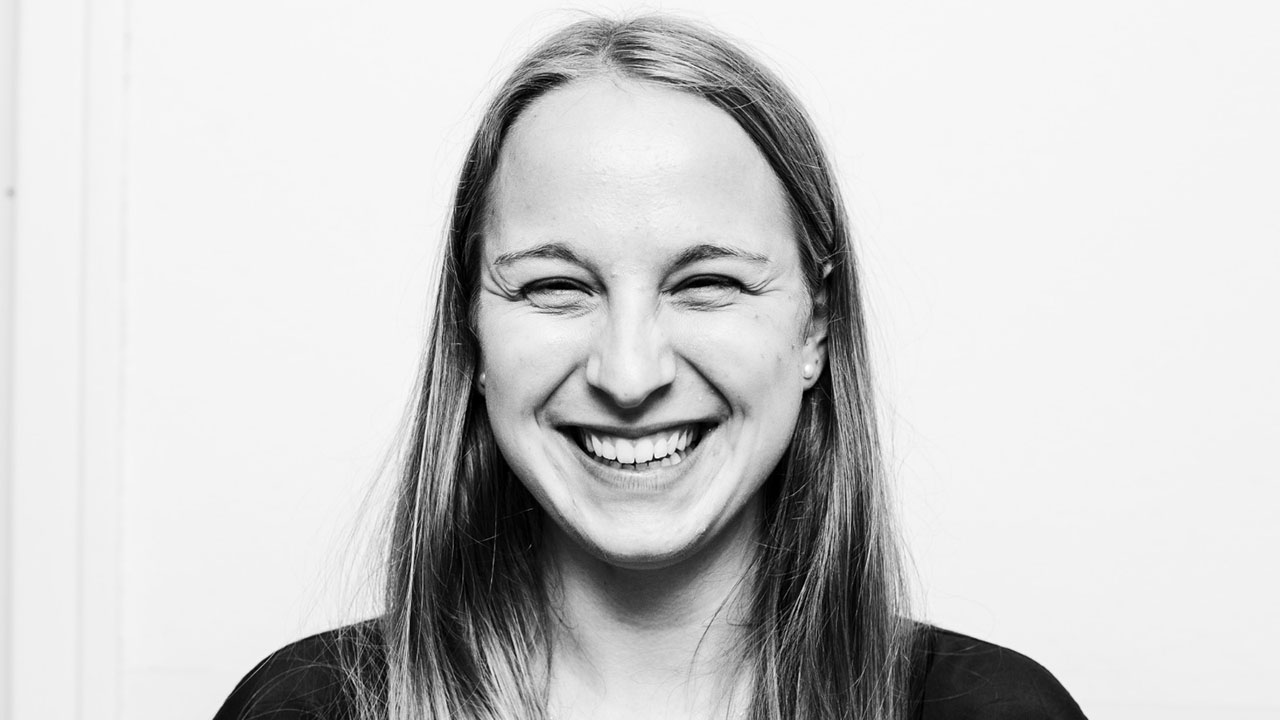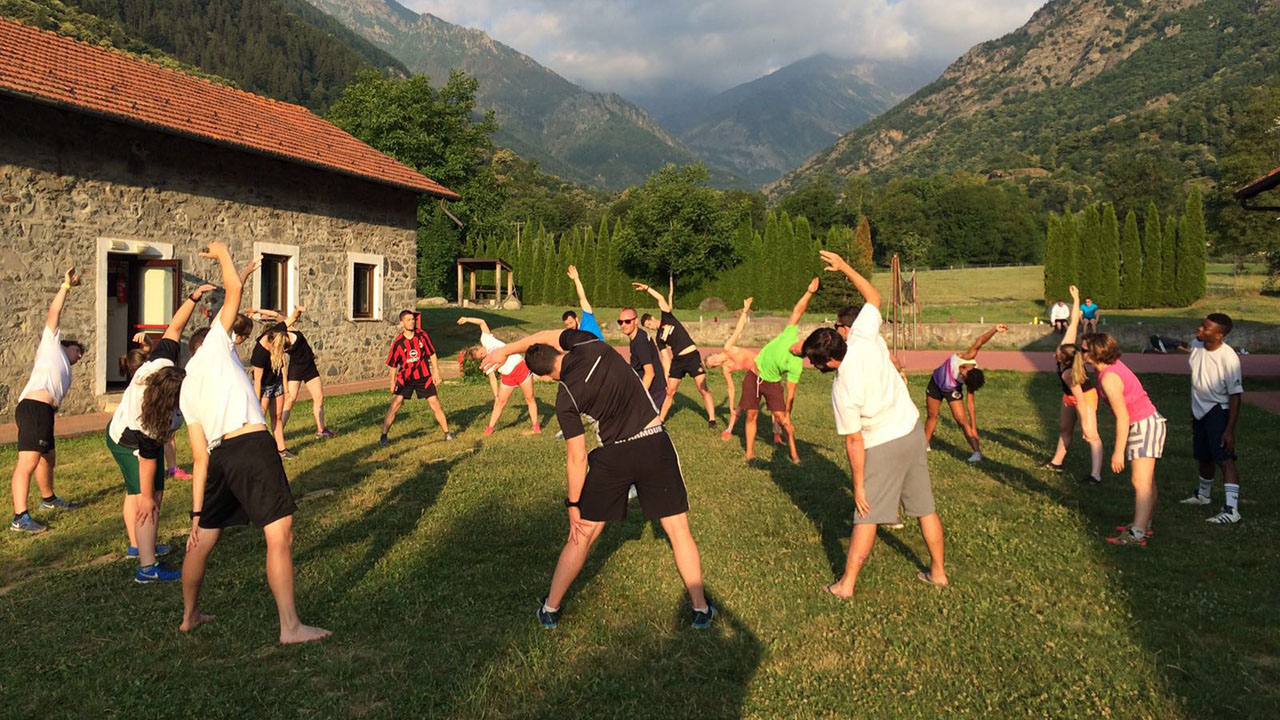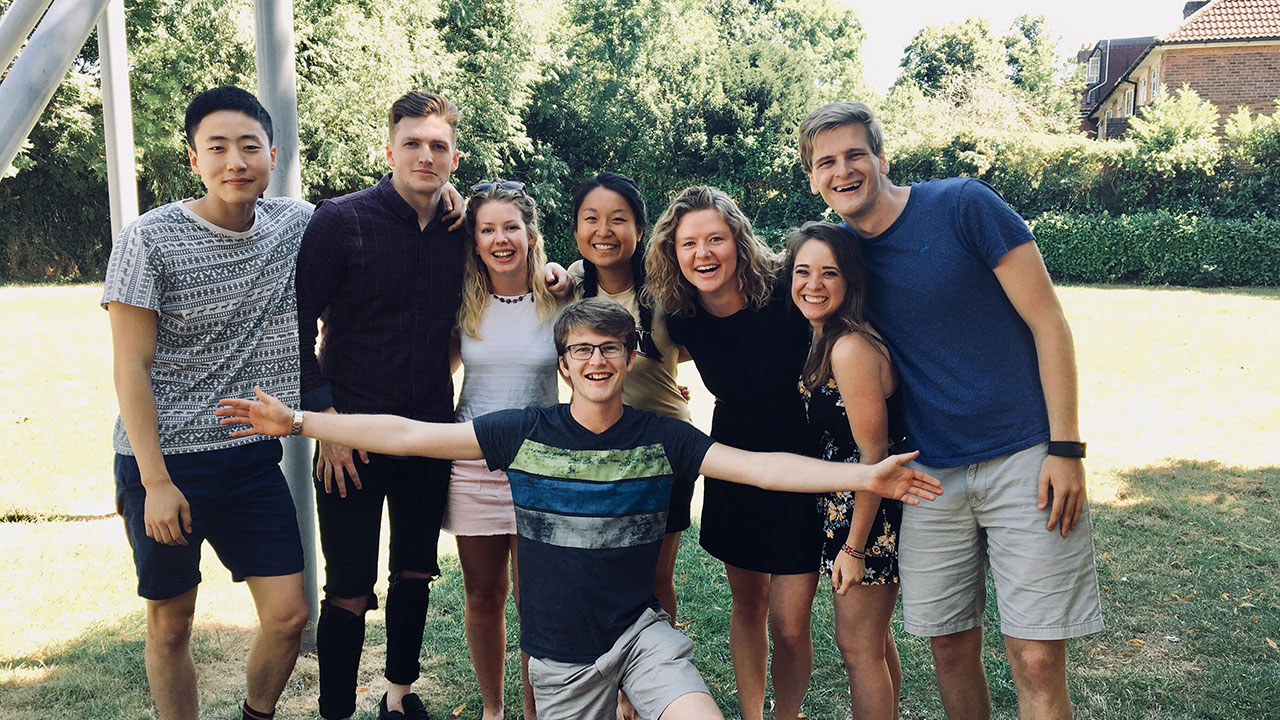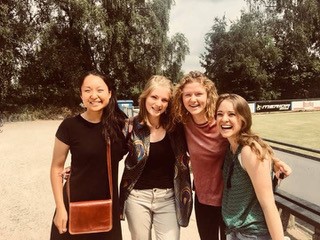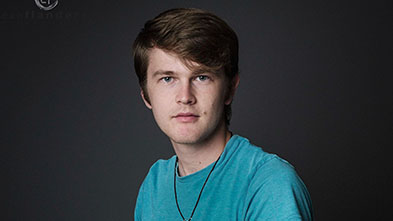I never want to go back to my first week at university. I was asked 17 times where I was from on day one alone. It should have been a straightforward answer, but for me it was the worst question to be asked. Did they really want to hear a five-minute explanation of the eight different countries I’d lived in? Where was I from? I wasn’t even sure myself.
I looked the same as everyone else on the outside. But inside I felt different. Was this going to be just another place where I didn’t really belong? I couldn’t understand their jokes. I didn’t know the songs they sang along to. Even the taste of McDonalds seemed unfamiliar. Several times that week I wanted to ring my parents, but of course they were on the other side of the world, nine hours away. Starting again was going to be hard. Why have you brought me here, God?
Defined by three letters
TCK. These three letters don’t mean anything to most people. But to several million people around the world, these three letters define them. It stands for third culture kid. The term refers to someone who has grown up in a culture different from that of their passport or parents.
Like Wianne. She’s a TCK. She was born in Malawi to a Dutch mother and a South African father. She went to high school in Kenya and now studies health and society in the Netherlands.
Like Matt. He’s a TCK. He’s British, but was born in Zimbabwe, and lived in Kenya, Morocco, South Africa and Mozambique growing up. He studies occupational therapy in the UK.
Like Joshua. He’s a TCK. He’s British too, but grew up in Pakistan and Jordan before moving to the UK at the age of 13. He studied engineering at university and now works in IT.
For TCKs, going to university brings particular challenges: culture shock; homesickness; struggling to fit in. Yet being a TCK also has advantages. For one thing, TCKs are able to contribute to student ministry in a unique way. With their international experience and cultural awareness, TCKs are often the best placed people to get alongside international students.
Wianne, Matt and Joshua shared their reflections on life as a TCK and a student.
Just trying to survive (Wianne)
“I don’t think I dealt with the transition very well at first. It was overwhelming. It felt like the ground beneath my feet vanished. I was numb. It took so much energy just trying to survive. My first reaction was to try to blend in to Dutch society. I didn’t want to stick out and be different. I did my best to fit in and pretend that I found it all normal: the food, the clothing, the direct way of communicating, the endless talk about the weather! But I didn’t understand Dutch culture and quickly realised I had different priorities to my peers. I missed home; I missed my international high school friends, now scattered around the globe; I missed ‘normal’ people around me; I missed being able to be myself.
I had chosen to follow Jesus and had been baptised right before leaving high school. I knew that Jesus is always in control and that He is good. But it didn’t feel like that. Repatriation – moving ‘back’ to the Netherlands – was one of the hardest experiences of my life. Yet, in this trying time my faith deepened and became more real.
Looking back four years later, I am thankful for the place I am in now and I am glad that I don’t have to do that first year again! I am thankful for the personal growth that has happened in my university years and for my involvement with Ichthus, the IFES movement. I thank God for all my Dutch friends who invited me to various activities, who took the time to really listen to me, who allowed me to be open and real with them. This made all the difference for me in adjusting to the Netherlands.
I am thankful for the opportunities that I had as a TCK. I’m thankful that I can easily connect to people of various backgrounds and cultures, and in this way be a bridge between the national and international students at my university.”
I should fit in. But I don’t. (Matt)
“Coming to the UK straight from the dusts of Africa without having lived here on my own before, I felt very much out of place. The main challenge for me has been in relating to British people. I have a British passport and am racially white – so in one sense, I should fit in. But I don’t. My priorities, outlook on life, subjects of conversation and humour – all of that is different.
I remember one day seeing two of my friends talking together. I went up and stood between them. They instinctively jumped away! I didn’t understand. Immediately they told me I had violated their personal space by standing too close to them. I was totally shocked!
There have certainly been challenges being a TCK and a student, but there have been lots of advantages too. As a TCK, I find it easy to relate to people from other cultures. I absolutely love working with international students at university. I love bridging the gap to understand their culture and background. Through church and my local IFES group, I’ve had the privilege of opening the Bible with international students and seeing some come to know the Lord.
University has been (and still is) some of the hardest years of my life. I am still coming to terms with living in a place where my passport says I am from, but where I feel I don’t fully belong.
University has also been a place where I’ve grown spiritually. I’ve learned about the identity I have in the gospel of Christ. Now as a student, my church is my family and the place I can call ‘home’.”
My instinctive reluctance (Joshua)
“I was a fairly typical TCK student – having moved around several times before, I found it relatively easy to settle in and make friends, easy to adapt to new situations. And like other TCKs, I had to work at opening up and developing deep friendships. At the back of your mind there’s an instinctive reluctance – perhaps because you wonder how long you’ll be there; maybe this friendship will just lead to another painful goodbye in a few years’ time…
I really enjoyed spending time with international students at university. I had close friends from Japan, Italy, Egypt, Pakistan, Singapore and Malaysia. I loved getting to know people from other cultures – it just came naturally to me.
Being a TCK has had a huge impact on my life. The most important thing about me is that I’m a Christian, and my citizenship is in heaven. But the second most defining thing about me is that I’m a TCK. If I hadn’t been a TCK I think I’d have been content settling here in the UK. But because of my upbringing, I’m conscious of the fact that there’s a whole world out there that needs reaching. Whether that means moving overseas myself, or just serving international people who come to the UK, I’m not sure yet.
Are there ways that others can better support TCKs at university?
Practically, TCKs face a lot of challenges when they first arrive. Opening a bank account, getting their phone to work, having money in the right currency – that kind of thing. There’s also the issue of university holidays. Where do you go? You probably can’t afford to fly back to wherever your parents are three times a year. Christian friends and church family showing hospitality can make such a difference to TCKs during the holidays.”
Are there third culture kids at your university? Are there ways you could better support them? What could you learn from them? Are there ways you could encourage them to use their gifts and experiences in reaching out to others on campus?

